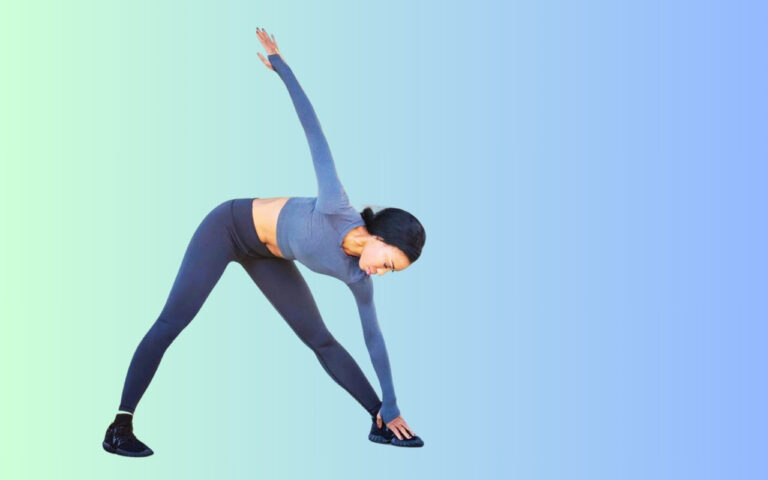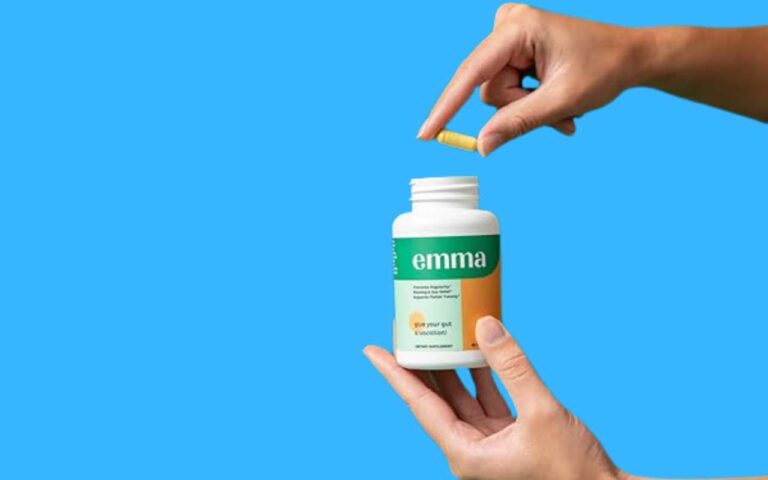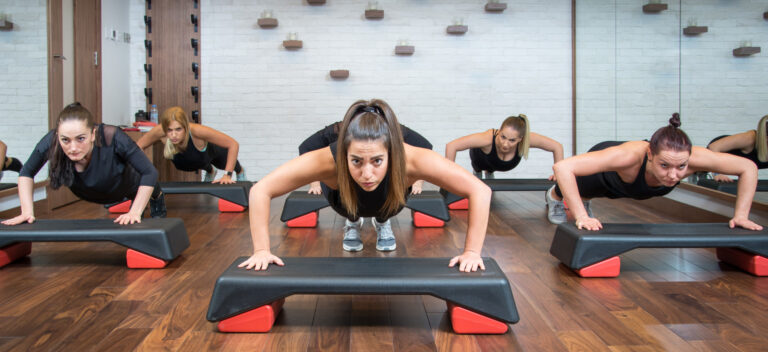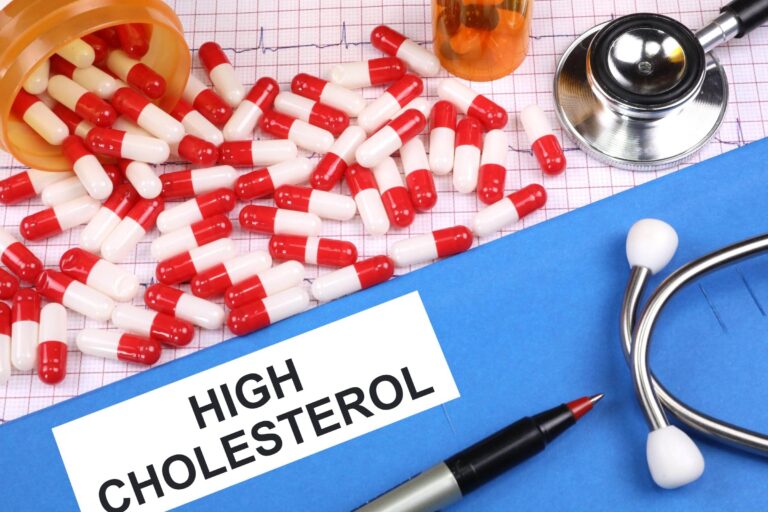Exercise and eating: Tips to maximize your workouts
Exercise and eating: Achieving optimal workout performance requires a combination of consistent training, adequate rest, and, crucially, proper nutrition. Whether you’re an elite athlete or someone who exercises for general health, what you eat can significantly impact your energy levels, endurance, recovery, and overall results. This article will explore key nutrition tips that can help you get the most out of your workouts.(nutrition in sport)
1. Understanding Macronutrients: The Foundation of Performance
The three primary macronutrients—carbohydrates, proteins, and fats—play distinct and vital roles in fueling your body for exercise. (nutrition and sports)
Carbohydrates: The Body’s Preferred Energy Source
Carbohydrates are your body’s primary source of energy, especially for high-intensity workouts. They are broken down into glucose, which your muscles use for energy during exercise. Stored in the muscles and liver as glycogen, carbohydrates provide the necessary fuel for endurance and strength.
Eat before exercise or after: The question of whether to eat before or after exercise depends on your fitness goals and personal preference. Eating before exercise can provide energy, particularly for intense workouts, ensuring you perform at your best. However, some prefer exercising on an empty stomach to burn more fat. Post-exercise meals are crucial for recovery, muscle repair, and replenishing glycogen stores. Ideally, a balance is essential: a light, easily digestible snack before working out, followed by a protein-rich meal afterward to support recovery and muscle growth. Listening to your body and adjusting your routine to what feels best is key. (Eat before or after workout to lose weight)
- Before Workouts: Consume complex carbohydrates like whole grains, fruits, and vegetables to ensure a steady release of energy. A pre-workout meal, 2-3 hours before exercising, should include foods like oatmeal, sweet potatoes, or whole wheat pasta.
- During Workouts: If you’re engaged in prolonged exercise (over an hour), you may need additional carbohydrates to maintain energy levels. Sports drinks, energy gels, or simple fruit like bananas can help.
- After Workouts: Post-exercise, your body needs to replenish glycogen stores. A combination of simple and complex carbs, such as fruit with yogurt or a smoothie with added oats, can accelerate recovery.
Proteins: The Building Blocks for Recovery and Growth
Protein is essential for repairing and building muscle tissue. It also plays a role in hormone production, immune function, and enzyme activity—all crucial for optimal workout performance.(nutrition exercises)
- Before Workouts: A small amount of protein before exercising can help reduce muscle breakdown. A snack like Greek yogurt, a handful of nuts, or a protein shake an hour before your workout can be beneficial.
- After Workouts: Consuming protein after your workout is crucial for muscle repair and growth. Aim for 20-30 grams of high-quality protein within 30 minutes to 2 hours after exercising. Sources include lean meats, eggs, dairy products, and plant-based options like beans, lentils, and tofu.
Fats: The Sustained Energy Source
While carbohydrates fuel short bursts of activity, fats are the body’s primary energy source during longer, moderate-intensity exercises. They also support cell function, hormone production, and nutrient absorption.(sports & nutrition)
- Before Workouts: Healthy fats, such as those found in avocados, nuts, seeds, and olive oil, can be part of your pre-workout meal. However, avoid consuming large amounts of fat right before exercise as it can slow digestion and cause discomfort.
- During Workouts: For most people, additional fat intake during exercise isn’t necessary. However, during long endurance events, small amounts of fat (like in energy bars) can provide a steady energy supply.
- After Workouts: Including fats in your post-workout meal is important for overall recovery and maintaining balanced nutrition. Pairing healthy fats with protein and carbs can help sustain energy and support muscle repair.

2. Timing Your Meals for Maximum Effect
When it comes to nutrition and exercise, timing can be just as important as what you eat. The right timing of meals and snacks can help optimize energy levels, enhance performance, and improve recovery.(nutrition and sport)
Pre-Workout Nutrition
Eating before a workout is essential to fuel your body and prepare it for the physical demands ahead. Your pre-workout meal should be balanced and consumed 2-3 hours before exercising. This allows your body to digest the food and convert it into usable energy.
- Meal Composition: Focus on complex carbohydrates for sustained energy, moderate protein for muscle preservation, and minimal fat to avoid digestive issues.
- Examples: A meal could include grilled chicken with brown rice and vegetables or a whole-grain sandwich with lean protein and a piece of fruit.
If you have less time before your workout, opt for a smaller, easily digestible snack about 30-60 minutes before exercising. A banana with a spoonful of peanut butter or a small smoothie can provide a quick energy boost.
Bacterial Infections: Types, Causes, and Prevention
Post-Workout Nutrition
After a workout, your body is primed to absorb nutrients that aid in recovery. This period, often referred to as the “anabolic window,” is when your muscles are most receptive to replenishing glycogen stores and repairing muscle tissue.
- Meal Composition: Aim for a meal or snack that combines carbohydrates and protein. The carbohydrates help replenish glycogen, while the protein supports muscle repair and growth.
- Examples: A post-workout meal could be a salmon salad with quinoa or a smoothie made with protein powder, fruit, and a handful of spinach.
3. Hydration: The Unsung Hero of Performance
Proper hydration is critical for maintaining workout performance and overall health. Water is involved in nearly every bodily function, including temperature regulation, joint lubrication, and nutrient transport.
Before Workouts
Ensure you are well-hydrated before starting your workout. Drink water consistently throughout the day, aiming for at least 8-10 glasses, depending on your body size and activity level. About 2-3 hours before exercise, drink 16-20 ounces of water, and have another 8-10 ounces 20-30 minutes before you begin.(nutrition for sport)
During Workouts
During exercise, especially in hot or humid conditions, your body loses fluids through sweat. To prevent dehydration, aim to drink 7-10 ounces of water every 10-20 minutes during exercise. For workouts lasting longer than an hour, consider a sports drink that contains electrolytes to replenish sodium, potassium, and other minerals lost in sweat.(nutrition for sports)
After Workouts
Rehydration after a workout is essential for recovery. Drink at least 16-24 ounces of water for every pound of body weight lost during exercise. Including a drink with electrolytes can further aid in rehydration and recovery.(sporting performance)
4. Micronutrients: The Supporting Cast
While macronutrients and hydration are the main players in workout nutrition, micronutrients—vitamins and minerals—also play a crucial supporting role.
Key Micronutrients for Exercise
- Iron: Essential for oxygen transport and energy metabolism, iron is especially important for endurance athletes. Foods rich in iron include red meat, beans, spinach, and fortified cereals.
- Calcium: Vital for bone health and muscle function, calcium is found in dairy products, leafy greens, and fortified plant milk.
- Vitamin D: Supports calcium absorption and bone health. Sun exposure is the best source, but it can also be found in fatty fish and fortified foods.
- Magnesium: Important for muscle contraction and relaxation, magnesium is found in nuts, seeds, and whole grains.
- B Vitamins: Crucial for energy production, B vitamins are abundant in whole grains, meat, eggs, and dairy products.
To ensure you’re getting enough of these micronutrients, focus on a diverse diet that includes plenty of fruits, vegetables, whole grains, lean proteins, and healthy fats.
5. Supplements: Do You Need Them?
While a balanced diet should provide all the nutrients your body needs, some people may benefit from supplementation, especially those with specific dietary restrictions or increased nutrient demands.
- Protein Supplements: If you struggle to meet your protein needs through food alone, a protein supplement like whey or plant-based protein powder can be convenient.
- Creatine: This supplement is well-researched and has been shown to improve strength, muscle mass, and performance during high-intensity exercise.
- BCAAs (Branched-Chain Amino Acids): BCAAs can help reduce muscle soreness and accelerate recovery, particularly during intense training periods.
- Electrolytes: For those engaging in long-duration exercise, especially in hot climates, electrolyte supplements can help maintain hydration and prevent cramps.
Before starting any supplement, it’s important to consult with a healthcare professional or nutritionist to ensure it’s appropriate for your needs.
6. Listening to Your Body
While general nutrition guidelines can be helpful, it’s crucial to listen to your body and adjust your diet according to your personal needs and goals.
- Energy Levels: If you find yourself feeling fatigued during workouts, you may need to increase your carbohydrate intake or adjust your meal timing.
- Recovery: If muscle soreness lingers longer than usual, it might be a sign that you need more protein or specific nutrients like omega-3 fatty acids.
- Digestive Health: Pay attention to how different foods affect your digestion. For example, some people may find that high-fiber foods are best avoided before exercise to prevent gastrointestinal discomfort.








One Comment